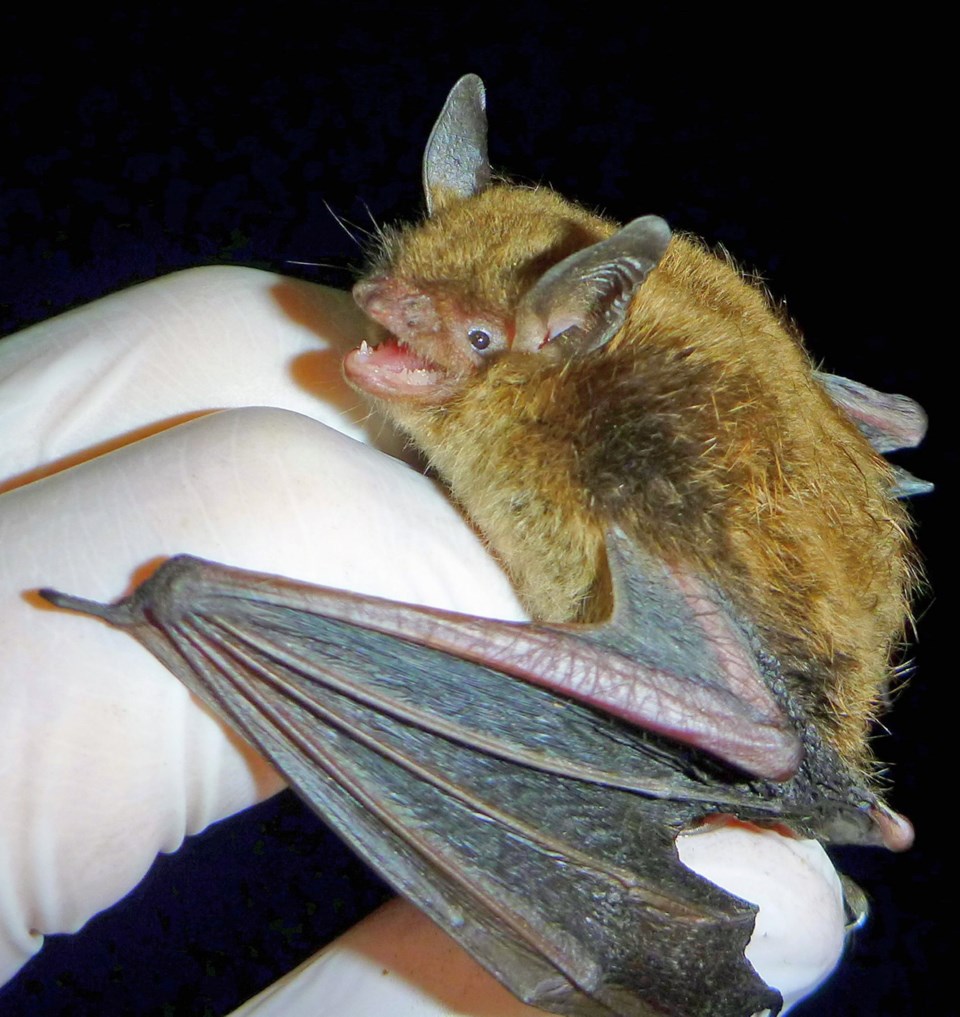A Vancouver Island man has died of rabies after coming into contact with a rabid bat ŌĆö he may have been bitten or scratched. ItŌĆÖs believed he delayed seeing a doctor for some time until symptoms emerged.
The disease is thankfully rare in sa╣·╝╩┤½├Į. Nationwide there have been only 24 cases since the 1920s, and before this instance, only one in sa╣·╝╩┤½├Į ŌĆö 16 years ago.
Rabies is usually transmitted to humans through an animal bite. Raccoons, skunks, coyotes and foxes are all carriers, as well as bats.
The disease attacks the brain and nervous system, and is almost always fatal unless treated quickly. Anyone coming into contact with a bat should see a doctor immediately, even if no symptoms are present.
It can take up to six weeks for a diagnosis to be confirmed, and that is invariably too late.
The treatment is an anti-viral vaccine, and ideally should be given within a day or two after contact. But even if several weeks have passed, vaccination can still be effective.
Dogs and cats should also be vaccinated, first at 14┬Āweeks of age, and then again when they reach their first birthday. Rabies is almost always deadly in unvaccinated dogs, but never if the pet has been treated.
Rare as this disease is, the message here is clear: Pets that go outdoors must be vaccinated, and any human contact with a bat requires an immediate visit to the doctor.
Delay is liable to be fatal.



